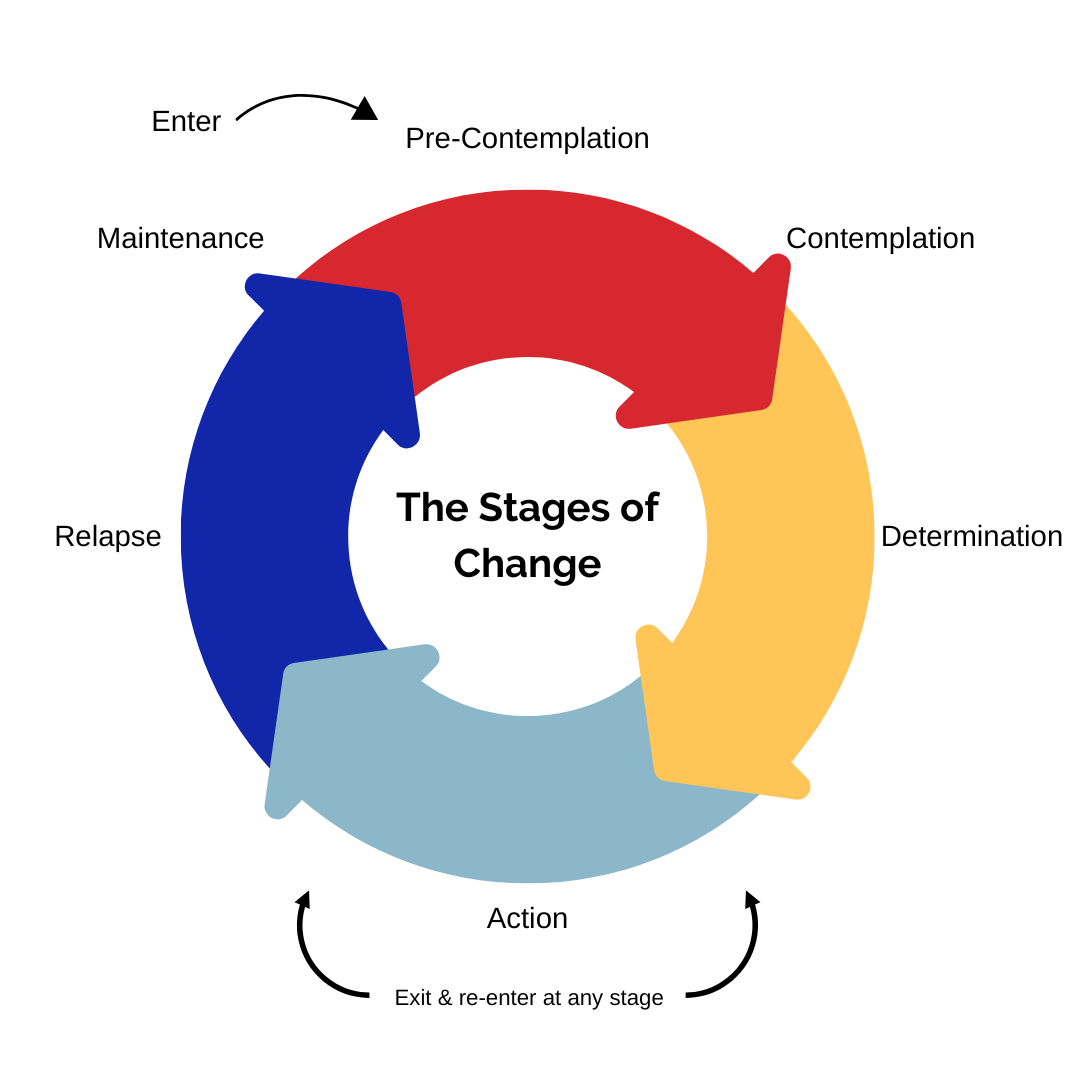Outreach & Needle Debris

SafeLink Alberta's Needle Debris Response Program: Safely Disposing Substance Use Debris in Medicine Hat
SafeLink Alberta runs the Needle Debris Response Program for the City of Medicine Hat Monday-Friday, 8:30 a.m. - 4:30 p.m.
Call (403) 527-5882 for safe disposal.
If you find a needle or any substance use debris, leave a message at (403) 527-5882 or email [email protected]
- Please leave a detailed address/location and description of the debris.
- We will promptly (during our hours of operation) pick up and safely dispose of needles, pipes and other substance use debris within the Medicine Hat.
We can also supply you with biohazard containers at no cost.
Want to help us maintain this program and others? Support SafeLink Alberta Medicine Hat.
Your support is not just a donation; it's a lifeline. It provides essential resources to people in Medicine Hat who access our drop-in centre or are pregnant and facing barriers such as mental health challenges, housing insecurity, and interpersonal violence.
With your donation, more individuals can access the care, education, and supplies they need, and we can maintain our operations to better meet those needs.
Are you a social worker, frontline professional, or organization seeking best practices for safer exposure to blood-borne pathogens?
Register for our Universal Precautions training: This course introduces universal precautions, focusing on safer exposure to blood-borne pathogens, proper disposal of substance use equipment and safer sex supplies, and biohazard bin use. It aims to educate participants on biohazardous materials, promote safe management, reduce stigma, and foster a safer community.
Want to know more about commonly used substances and safer use practices?
Get essential information on how to protect yourself and others by accessing accurate, practical guidance on substance use and safer use equipment below.
Outreach: Safer Communities, Healthier Lives
Our Outreach Team can be found throughout the downtown core several days a week, providing supplies and support, including safer substance use supplies, safer sex supplies, STBBI testing and treatment support, Naloxone kits, basic food and hygiene supplies, and information and referrals.

SafeLink Alberta – Medicine Hat Location
Address: 419 N Railway St SE, Medicine Hat, AB T1A 2Z3
Hours:
Monday – Friday 9 a.m. to 12 p.m. by appointment only
1 – 4 p.m. drop-ins welcome
Phone: 403. 527.5882
Email: [email protected]
Accessibility: Gender-neutral washrooms in the drop-in space. Located on the ground floor, with a small ground obstruction.

SafeLink Alberta Utilizes Stages of Change Model to Support Clients' Health and Well-being
SafeLink Alberta uses the Stages of Change Model to guide their work with clients who are seeking to make changes related to their health and well-being. The Stages of Change Model outlines five stages that an individual may go through as they make a behaviour change, and SafeLink Alberta assesses where each individual is in the process of behaviour change and tailors their support accordingly. Ultimately, the goal is to help clients move through the stages of change and achieve their desired outcomes.
The Stages of Change Model outlines five stages that an individual may go through as they make a behaviour change. These stages are:
- Pre-contemplation: In this stage, the individual is not yet considering making a change. They may be unaware of the potential benefits of change or may feel ambivalent about the need for change.
- Contemplation: In this stage, the individual is beginning to consider making a change but may still feel uncertain or ambivalent about it. They may be weighing the pros and cons of change and considering the potential impact on their life.
- Preparation: In this stage, the individual has made a decision to make a change and is beginning to take action towards that change. They may be gathering information or resources, developing a plan, or seeking support from others.
- Action: In this stage, the individual is actively making changes to their behavior or lifestyle. They may be using new coping strategies or developing new habits that support their goals.
- Maintenance: In this stage, the individual has successfully made a change and is working to maintain that change over time. They may be developing new routines or seeking ongoing support to help them stay on track.
